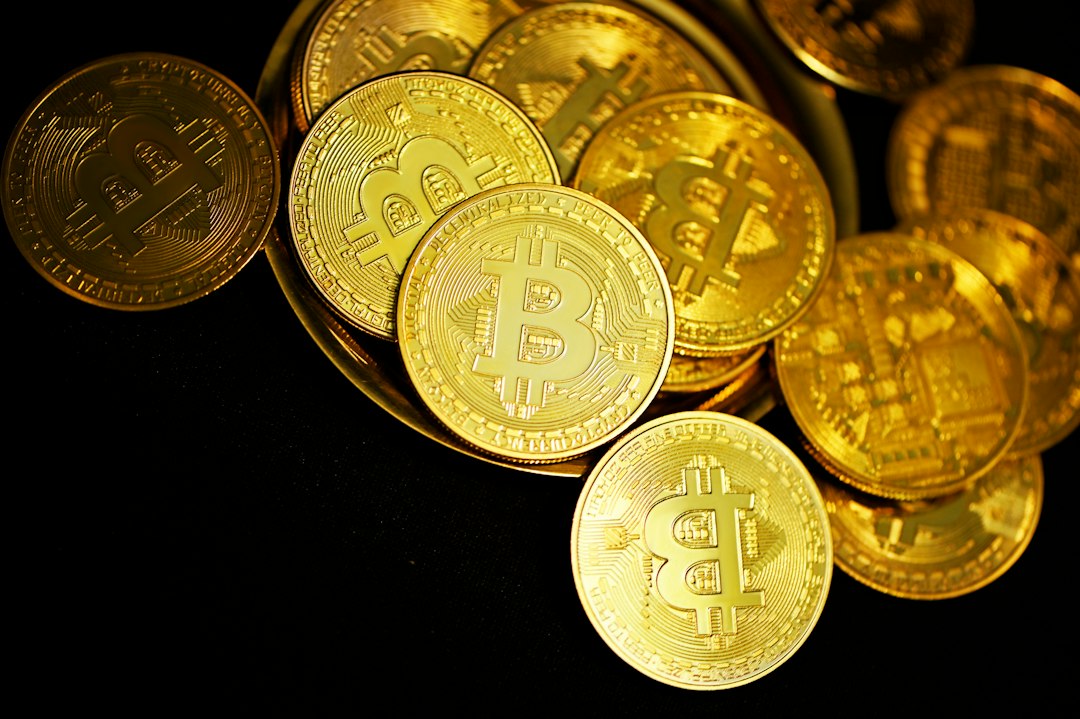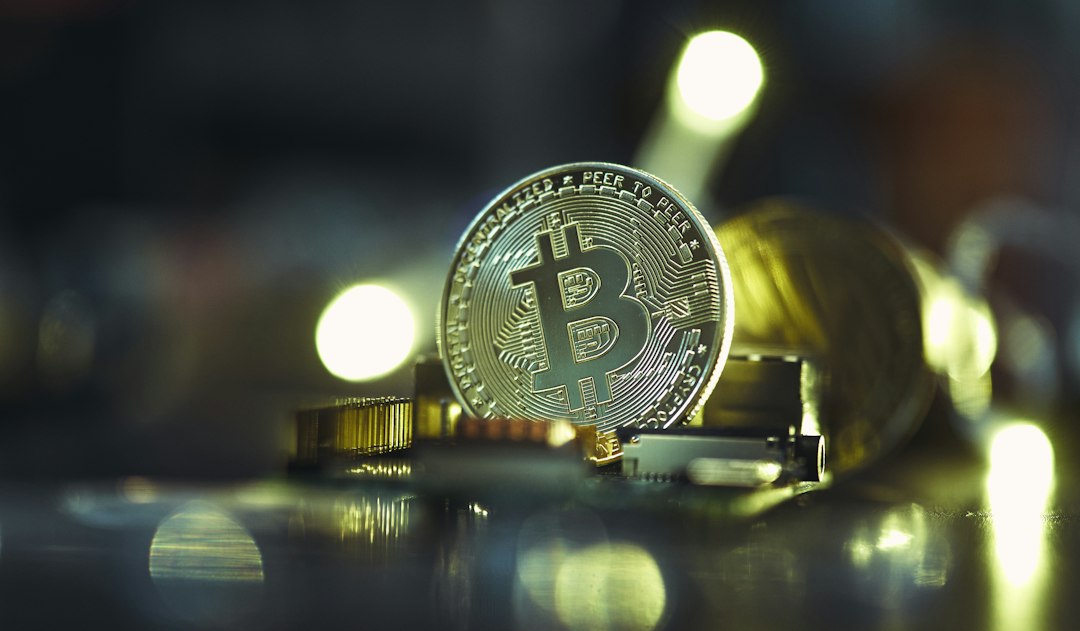Understanding the Basics: What is Bitcoin?
Welcome to the world of cryptocurrencies! If you’ve been keeping up with the latest tech trends, chances are you’ve heard of Bitcoin. But what exactly is it? In this article, we will delve into the basics of Bitcoin and help you gain a better understanding of this revolutionary digital currency.
So, what is Bitcoin? Bitcoin is a decentralized digital currency that allows you to make peer-to-peer transactions without the need for a central authority or intermediary. It was invented by an anonymous individual or group of individuals using the pseudonym Satoshi Nakamoto in 2008 and became operational in 2009. Unlike traditional currencies, such as the US dollar or the euro, Bitcoin operates on a technology called blockchain, which is a distributed ledger that records all transactions.
To put it simply, think of Bitcoin as digital money that exists solely in the digital realm. It’s like having virtual cash that you can send to anyone, anywhere in the world, without the need for banks or governments.
Now, you might be wondering how Bitcoin actually works. When you make a Bitcoin transaction, it gets added to a block, which is then verified by a network of computers called miners. Miners solve complex mathematical problems to validate the transaction and add it to the blockchain. This process ensures the security and integrity of the Bitcoin network.
One of the most fascinating aspects of Bitcoin is its limited supply. Unlike traditional currencies that can be printed by a central bank, there will only ever be 21 million Bitcoins in existence. This scarcity gives Bitcoin its value and makes it a deflationary currency. As more people adopt Bitcoin and the demand increases, its value can potentially rise.
Now, you might be wondering why Bitcoin has gained so much attention and popularity. Well, there are several reasons for this. Firstly, Bitcoin offers a level of privacy and anonymity that traditional financial systems cannot provide. Transactions made with Bitcoin are pseudonymous, meaning that they are not directly linked to your real-world identity. This has made Bitcoin attractive to individuals who value their privacy.
Secondly, Bitcoin offers low transaction fees compared to traditional financial systems. When you send money internationally or make large transactions, traditional banking systems often charge hefty fees. With Bitcoin, you can send any amount of money to anyone in the world for a fraction of the cost.
Furthermore, Bitcoin has the potential to revolutionize the global financial system. It removes the need for intermediaries, such as banks, and allows individuals to have full control over their finances. Additionally, Bitcoin is not subject to government regulations or restrictions, making it a borderless and censorship-resistant form of money.
Now that you understand the basics of what Bitcoin is and how it works, you might be wondering how you can get started with Bitcoin. The first step is to create a Bitcoin wallet, which is a digital wallet that allows you to store, send, and receive Bitcoin. There are various types of wallets available, including online, mobile, desktop, and hardware wallets. Choose the type that suits your needs and follow the instructions to set it up.
Once you have a wallet, you can acquire Bitcoin through several ways. You can buy Bitcoin from online exchanges using traditional currencies, mine Bitcoin by contributing computational power to the network, or receive Bitcoin as payment for goods or services.
FAQs about Bitcoin
1. Is Bitcoin legal?
Yes, in most countries Bitcoin is legal. However, it is essential to check the regulations regarding cryptocurrencies in your country to ensure compliance.
2. Can I remain anonymous when using Bitcoin?
While Bitcoin transactions are pseudonymous, meaning they are not directly tied to your real-world identity, it is not entirely anonymous. With careful analysis, it may be possible to trace the origins and destinations of Bitcoin transactions.
3. Is Bitcoin secure?
Bitcoin is built on a secure and robust technology called blockchain. However, it is essential to take precautions such as using a secure wallet, enabling two-factor authentication, and regularly updating your software to protect your Bitcoin.
4. Can I lose my Bitcoin?
If you lose access to your Bitcoin wallet or forget your private keys, it may be challenging or impossible to recover your Bitcoin. It’s crucial to keep backups of your wallet and store your private keys securely.
5. Can I spend Bitcoin like traditional currencies?
Yes, there are various merchants and online platforms that accept Bitcoin as a form of payment. You can use Bitcoin to purchase goods, book flights, or even donate to charitable organizations.
6. Can I invest in Bitcoin?
Yes, many people consider Bitcoin as a long-term investment. However, it’s important to note that Bitcoin’s value can be highly volatile, and investing in cryptocurrencies carries risks. It’s always advisable to do thorough research and consider consulting with a financial advisor.
Now that you have a better understanding of the basics of Bitcoin, you can explore this exciting world of cryptocurrencies and see how they can potentially reshape the future of finance.





 By
By
 By
By
 By
By
 By
By
 By
By